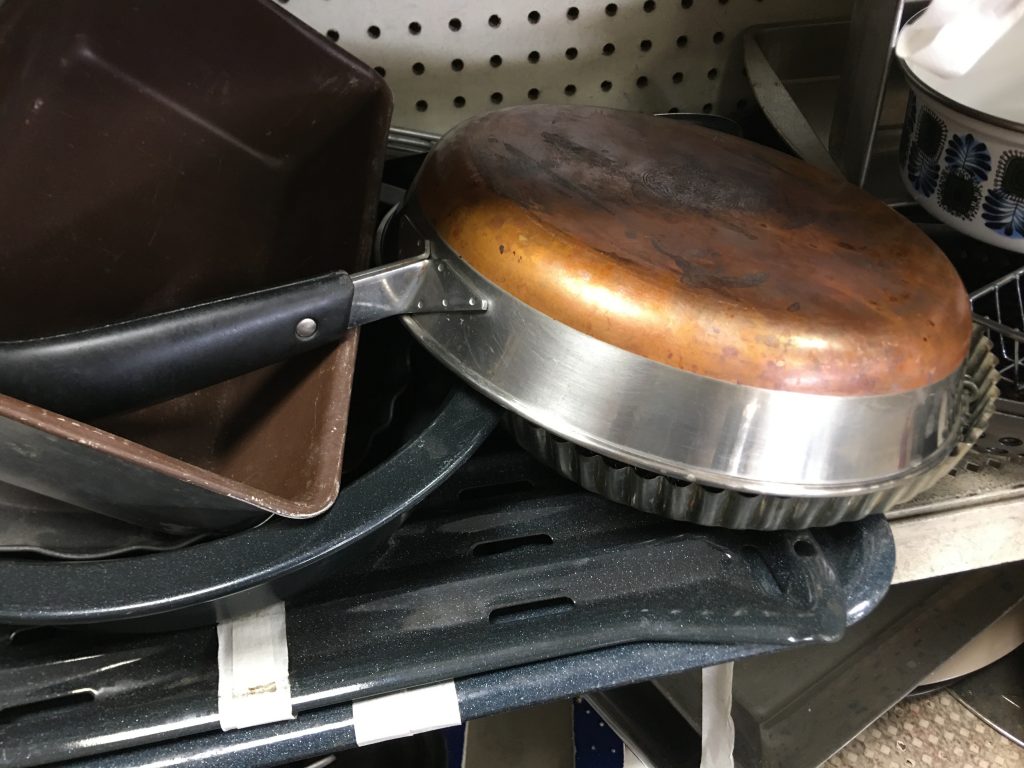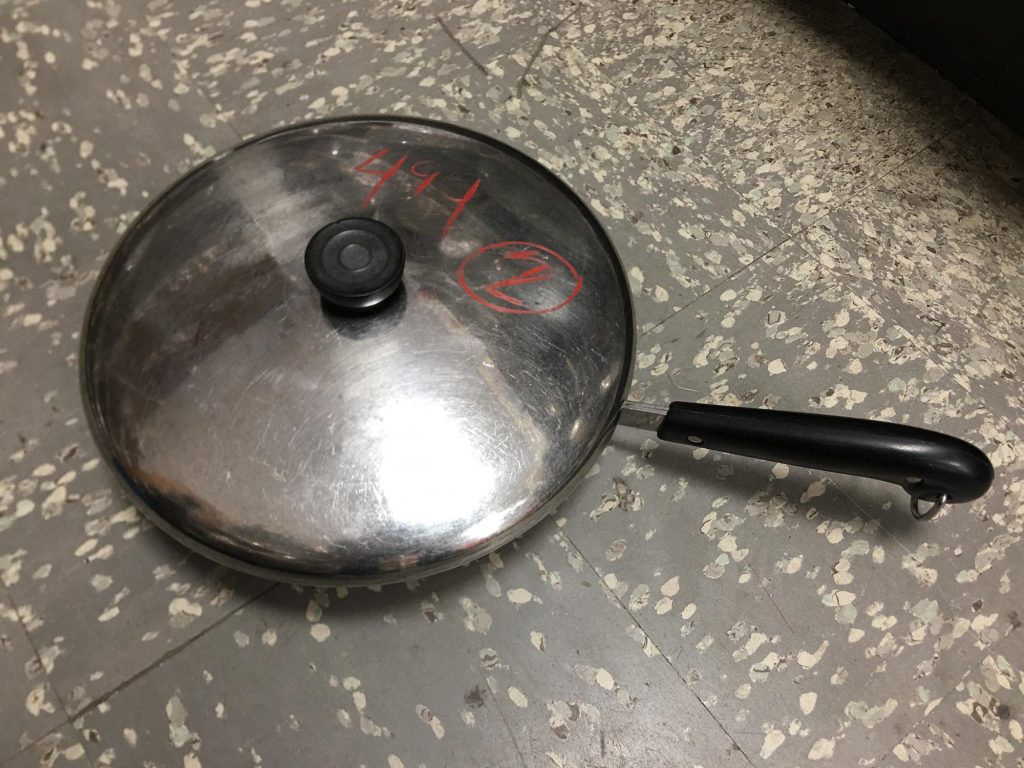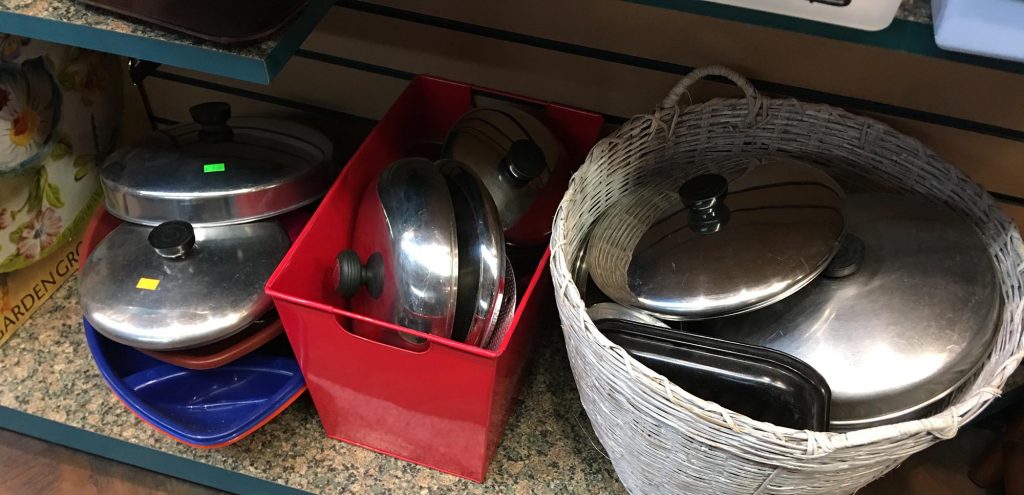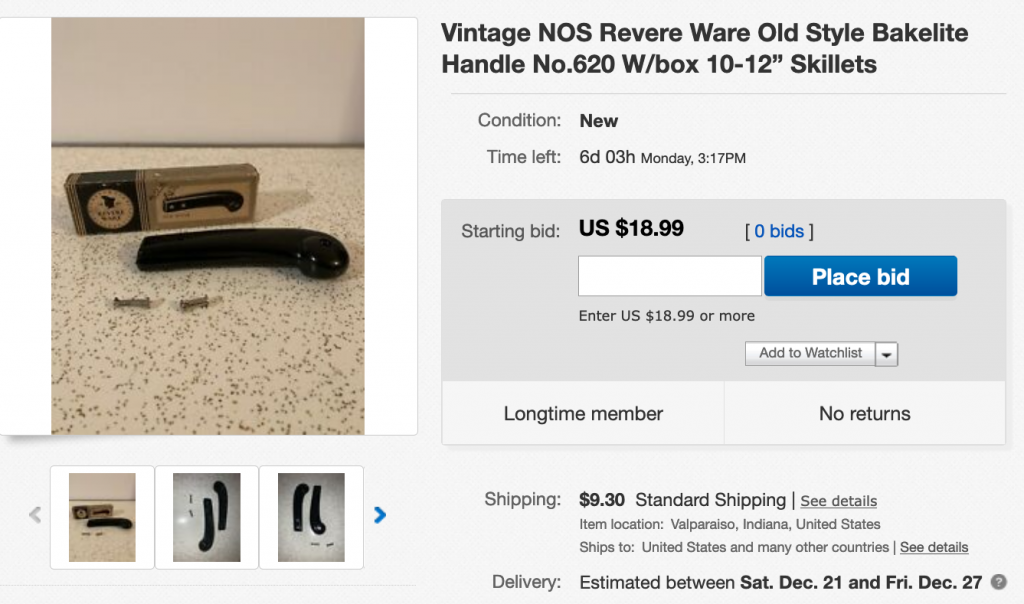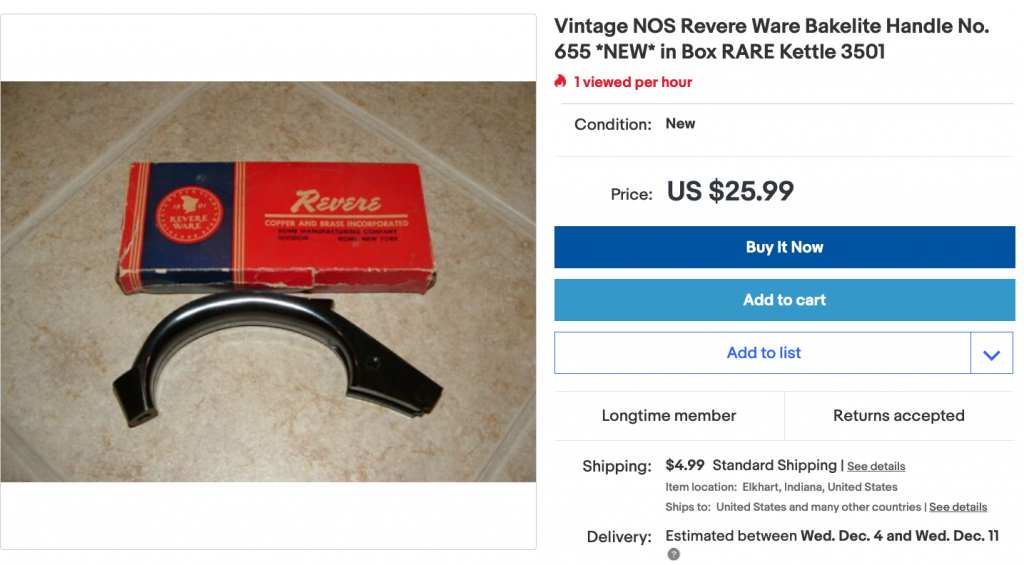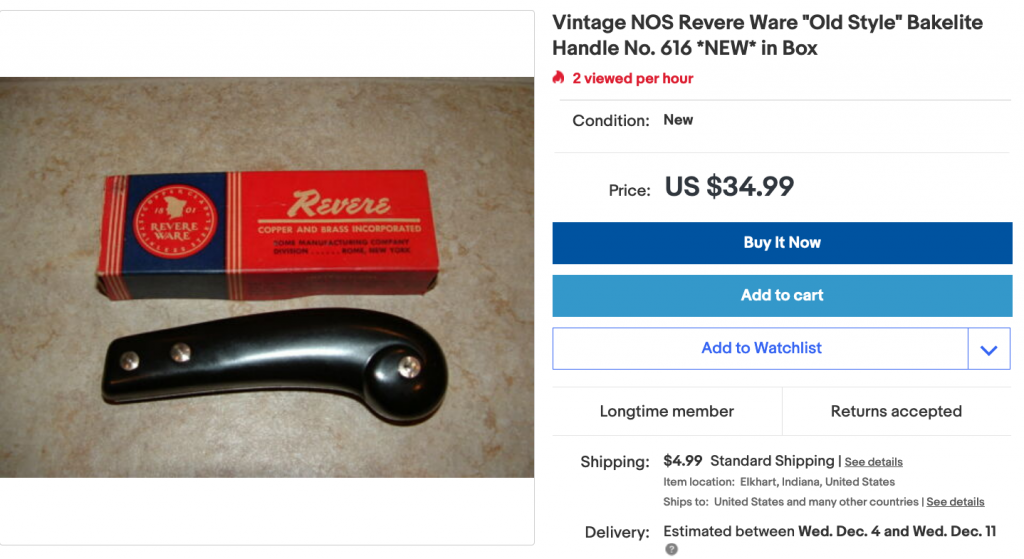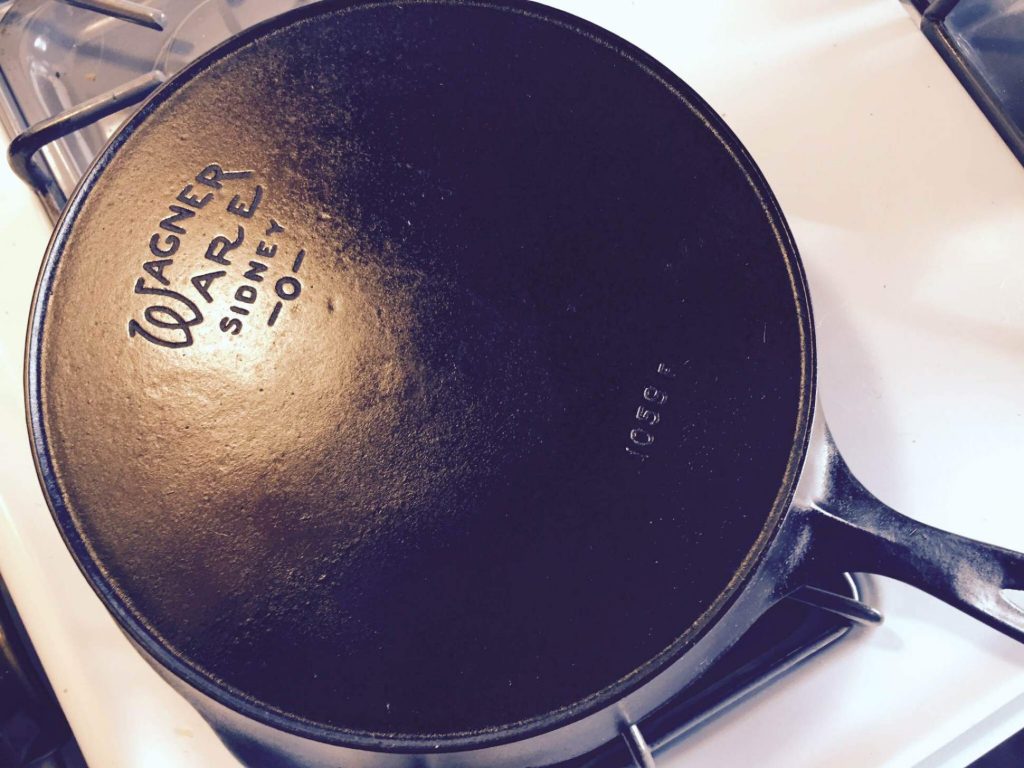Until a Wall Street Journal article today, we haven’t seen any interesting news on the plight of small businesses amid the state push for collection of sales taxes.
Consider how some business far larger than ours are struggling to adapt:
Nicole Snow, chief executive of Darn Good Yarn Inc. in Clifton Park, N.Y., hired a part-time chief financial officer and purchased new sales-tax software in response to the court ruling. Darn Good Yarn plans to spend about $25,000 this year to collect and remit about $90,000 in taxes on $5.4 million in sales to buyers in 34 states.
“It’s quite a big lift for us,” said Ms. Snow, whose company has 21 employees. “There is a lot of complexity for a small company.”
and
JM Bullion Inc., an online seller of precious-metal bars and coins, created a custom sales-tax collection system after determining the big tax-software vendors didn’t understand the intricacies of its industry. That turned out to be a three-month job for the company’s 10-person software-development team.
“It was a huge resource drain on our organization,” said Michael Wittmeyer, CEO of the 50-person company, which has about $600 million in revenue.
The complexity of the cutoff system causes problems too:
Still, business owners have struggled to determine whether they exceed the state cutoffs and how to comply. Joe Wood, owner of TechWholesale.com, which sells two-way radios in all 50 states, said it took more than a week to determine that his one-person company didn’t trip any state sales-tax requirements, though it came close in a handful of states.
“It’s the biggest single moment of anxiety I’ve had businesswise in the last 10 years,” said Mr. Wood, who runs his business from the bedroom of his Covington, Ky., home. “We would have had to bring on an accountant, and I can’t fit one in my bedroom.”
And here is the thing that really gives makes me nervous, states going after small sellers whether or not they are sure the businesses should be collecting taxes:
The growth of internet sales has created an additional tax challenge. The $6.5 million retailer is being audited by Washington state, which says it has a physical presence in the state because products the tape company shipped to an Amazon warehouse in New Jersey were then transshipped by Amazon to a fulfillment center in Washington state.
From our perspective, while the landscape has improved with some of the recent progress (read about them here, here, here, and here), it is still not safe for small businesses like ours.

